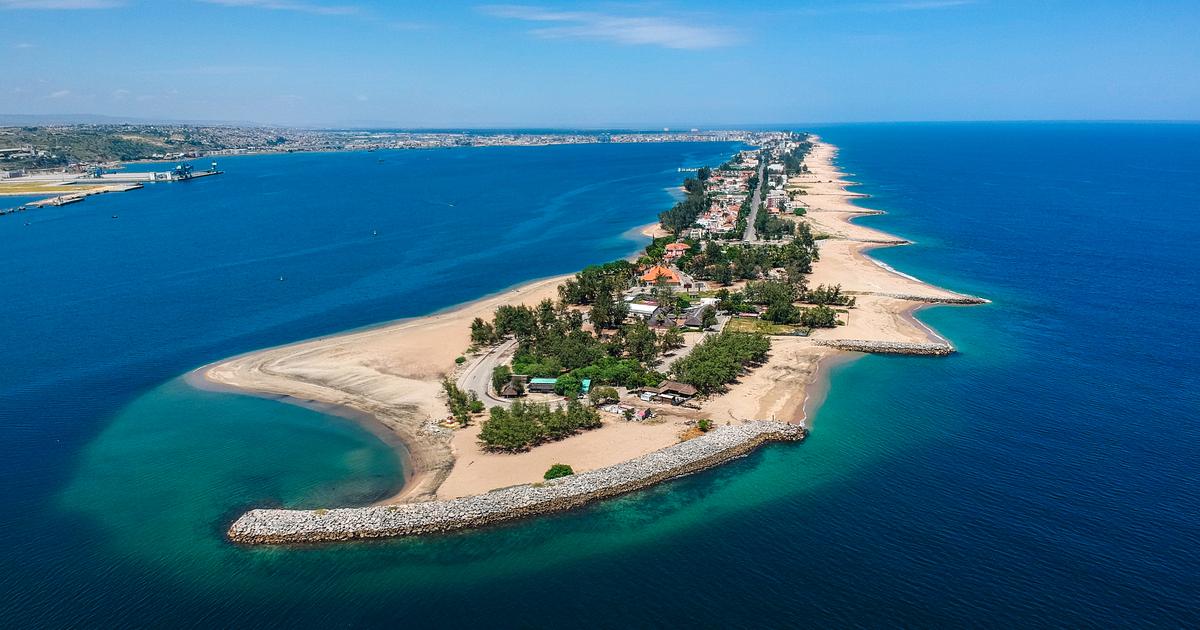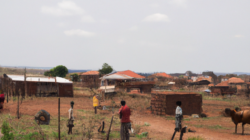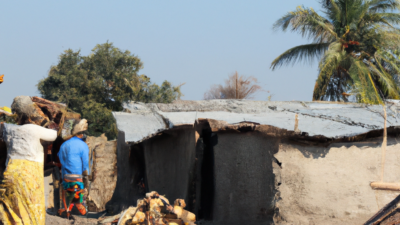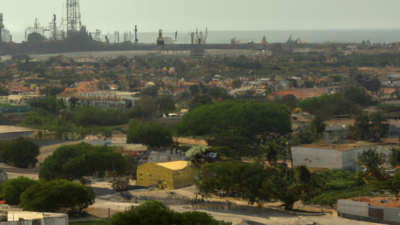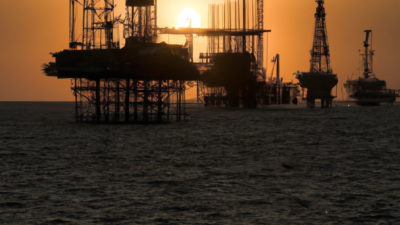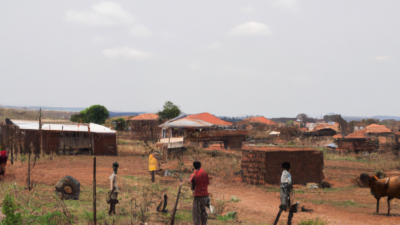Introduction
Angola, a nation endowed with vast natural resources, presents a multifaceted economic landscape shaped by its historical context and current economic dynamics. Understanding Angola’s economic indicators is crucial for grasping the broader implications of its development trajectory.
Overview of Angola’s Economic Indicators
Economic indicators provide a snapshot of the health and performance of an economy. In Angola, these indicators reveal a nation grappling with both immense potential and significant challenges. GDP growth rates, inflation, unemployment, and trade balances are key metrics that paint a picture of the country’s economic status.
Significance of Economic Analysis
Analyzing these indicators helps in understanding the underlying strengths and weaknesses of the Angolan economy. It also aids policymakers, investors, and international partners in making informed decisions that can influence the country’s economic future.
Angola Economy Overview
Historical Economic Context
Angola’s economic history is marked by periods of conflict and recovery. Following decades of civil war that ended in 2002, Angola embarked on a path of reconstruction and economic reform. The post-war period saw rapid economic growth, primarily driven by the exploitation of oil resources.
Current Economic Structure
Today, Angola’s economy is characterized by its dependence on the oil sector, which constitutes a significant portion of the GDP and export revenues. However, this reliance makes the economy vulnerable to fluctuations in global oil prices. The non-oil sectors, including agriculture, mining, and services, are gradually gaining traction as part of diversification efforts.
Major Economic Drivers
Oil remains the primary economic driver, but other sectors such as agriculture and mining are emerging. Investments in infrastructure and human capital are also crucial for sustaining long-term economic growth.
Angola Oil Economy
Role of Oil in the Angolan Economy
Oil is the lifeblood of the Angolan economy, contributing to over 90% of export revenues and a substantial share of the GDP. The discovery of significant offshore oil reserves in the 1990s transformed Angola into one of Africa’s top oil producers.
Impact of Oil Prices on Economic Stability
The economy’s heavy reliance on oil exports means that fluctuations in global oil prices have a profound impact on economic stability. Periods of high oil prices have led to economic booms, while plummeting prices have resulted in fiscal deficits and economic downturns.
Diversification Efforts
Recognizing the risks of over-dependence on oil, the Angolan government is pursuing diversification strategies. These include investments in agriculture, mining, and manufacturing to create a more resilient and sustainable economic foundation.
Economic Problems
Structural Challenges
Angola faces several structural economic challenges, including a lack of diversified economic activities and inadequate infrastructure. These issues hinder productivity and limit the country’s ability to achieve broad-based economic growth.
Poverty and Inequality
Despite periods of economic growth, poverty and inequality remain pervasive. A significant portion of the population lives below the poverty line, and there are stark disparities in income distribution and access to basic services.
Corruption and Governance Issues
Corruption and weak governance continue to plague the Angolan economy. These issues undermine investor confidence, distort economic policies, and exacerbate social inequalities. Efforts to combat corruption are crucial for sustainable development.
Trading Economics
Key Trading Partners
Angola’s key trading partners include China, the United States, and several European countries. China, in particular, is a major destination for Angolan oil exports, reflecting the deep economic ties between the two nations.
Import and Export Dynamics
Angola’s export portfolio is dominated by oil, while imports primarily consist of machinery, vehicles, and food products. The trade balance is heavily influenced by oil export revenues, making diversification of exports a strategic priority.
Trade Policies and Agreements
Angola is part of various regional and international trade agreements aimed at enhancing market access and promoting economic cooperation. These agreements play a vital role in integrating Angola into the global economy and boosting trade flows.
Inflation and Monetary Policy
Trends in Inflation Rates
Inflation has been a persistent challenge for Angola, with rates often reaching double digits. High inflation erodes purchasing power and poses significant challenges for economic stability and growth.
Causes and Consequences of Inflation
Several factors contribute to inflation in Angola, including exchange rate volatility, high import costs, and supply chain disruptions. The consequences of high inflation are far-reaching, affecting consumer prices, investment decisions, and overall economic confidence.
Government Responses and Policies
The Angolan government has implemented various monetary and fiscal policies to curb inflation. These include tightening monetary policy, stabilizing the exchange rate, and implementing structural reforms to enhance economic resilience.
Future Prospects and Recommendations
Economic Diversification Strategies
For Angola to achieve sustainable growth, diversification of the economy is imperative. This involves boosting non-oil sectors, enhancing industrial capabilities, and fostering innovation and entrepreneurship.
Sustainable Development Goals
Aligning economic policies with the United Nations Sustainable Development Goals (SDGs) can help Angola address socio-economic challenges while promoting inclusive and sustainable growth. Focus areas include poverty reduction, education, health, and environmental sustainability.
Long-term Economic Vision
Angola’s long-term economic vision should emphasize structural transformation, improved governance, and human capital development. Strategic investments in infrastructure, technology, and education are critical for building a competitive and diversified economy.
Sources
- International Monetary Fund (IMF)
- World Bank
- Angolan Ministry of Finance
- United Nations Development Programme (UNDP)
- Southern African Development Community (SADC)
- African Development Bank (AfDB)

